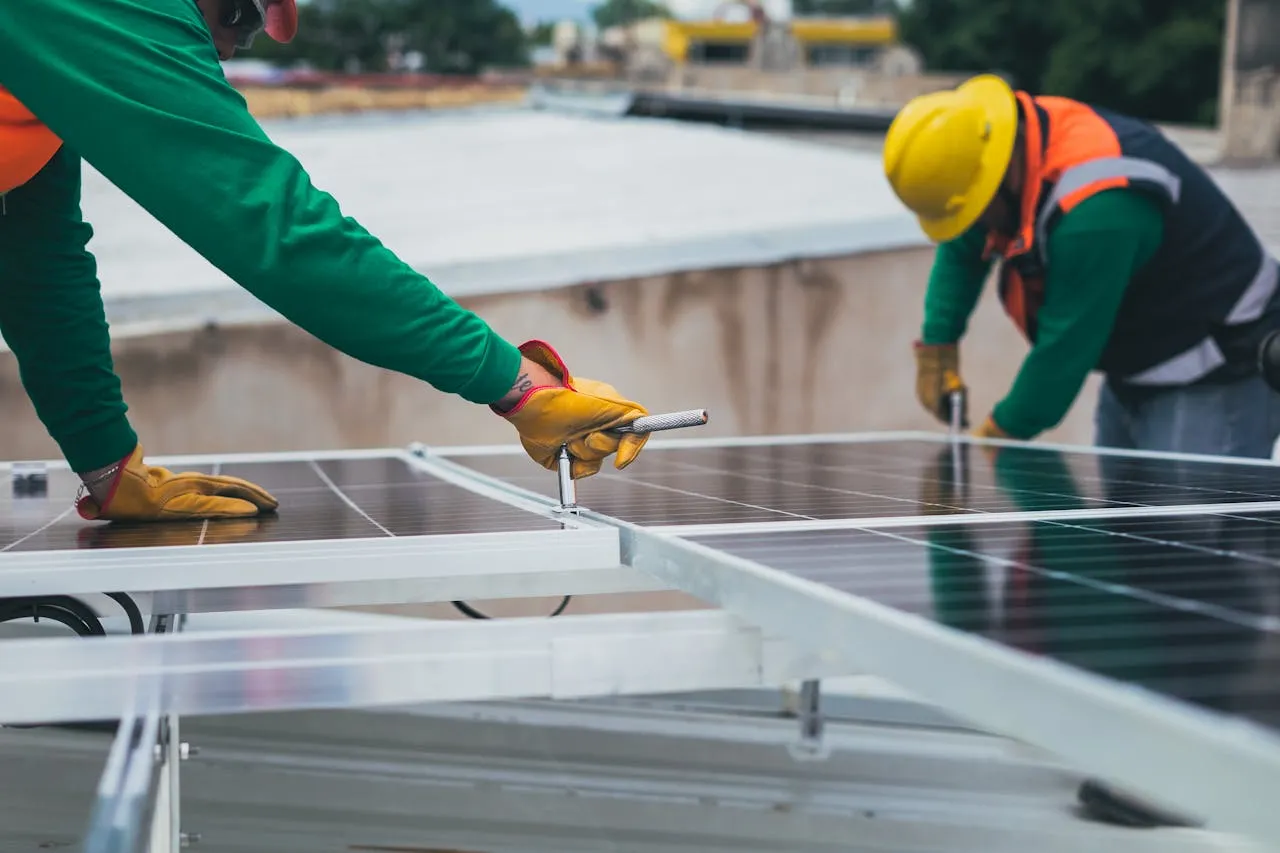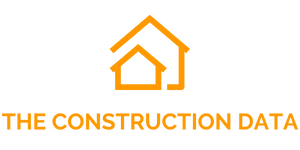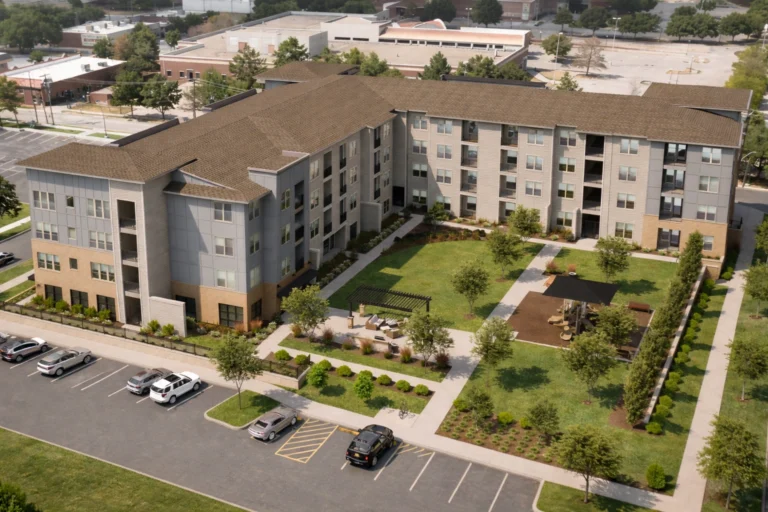
The construction industry in South Africa is projected to grow by 4.8% in 2024, reaching ZAR 160.65 billion, with a forecasted CAGR of 2% from 2024 to 2028, hitting ZAR 190.66 billion by 2028. This indicates strong growth potential driven by strategic investments, infrastructure development, and sustainability initiatives.
Key factors driving growth include:
Government Spending Initiatives
The South African government has allocated ZAR 7.1 trillion ($424.4 billion) for infrastructure from FY2023-24 to FY2025-26. This includes ZAR 233.1 billion for road projects, ZAR 121.3 billion for water infrastructure, and ZAR 45.9 billion for housing development.
Emerging Technologies
Artificial intelligence (AI) is being increasingly adopted for risk management, project planning, cost control, and safety enhancements, transforming operational efficiencies across the sector.
Residential Construction
The residential construction segment is rising, driven by the demand for affordable housing. Emphasis is placed on sustainable practices and green technologies, catering to various income levels, from luxury to affordable housing.
Commercial Construction
The commercial sector is evolving with the rise of flexible office spaces and mixed-use developments, driven by changing work patterns. Significant investments are also being made in retail and hospitality, boosting urban centers.
Institutional Construction
This sector focuses on healthcare and educational facilities, backed by government initiatives. Sustainability practices are increasingly prioritized to align with global efforts to reduce carbon footprints.
Industrial Construction
Growth in industrial construction is fueled by manufacturing activities and infrastructure developments like logistics hubs. Government incentives are supporting local production and supply chain enhancements.
Infrastructure Construction
Major projects, such as those overseen by the South African National Roads Agency (SANRAL), have seen tender allocations rise significantly, with ZAR 59 billion awarded in FY2022-23 for road and highway projects. Renewable energy projects, including solar and wind farms, are also a key focus, supporting national energy sustainability goals.
The report offers detailed market insights, covering 100+ KPIs on South Africa’s construction industry dynamics, cost structure, and growth potential. It provides comprehensive data on residential, commercial, industrial, and infrastructure construction, as well as trends in green building and city-level analyses. Key insights include market size by value, volume, and the number of units, as well as construction cost analysis by materials and labor.




